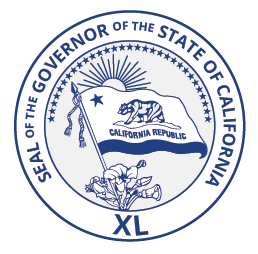In 2019, California enacted AB 51, making it an unlawful employment practice for employers to require applicants or employees, as a condition of employment, to waive any right, forum, or procedure relating to a Labor Code or FEHA claim. The short version of this word salad is that employers couldn’t mandate arbitration agreements. However, a





